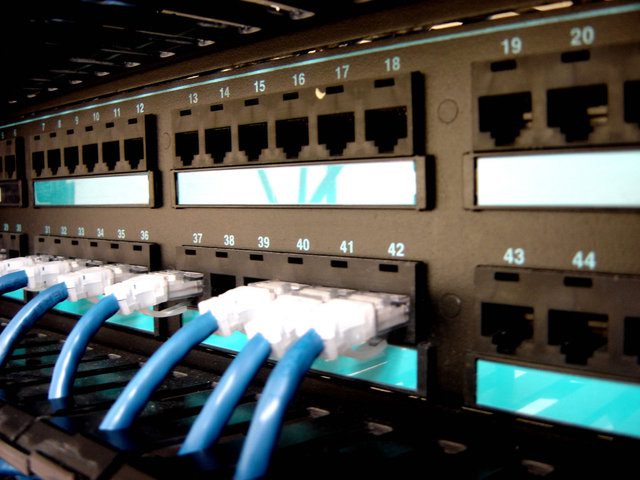The internet has become an integral part of our lives, revolutionizing the way we communicate, access information, and conduct business. It’s hard to imagine a world without it. However, the internet we know today has a rich and complex history, starting from a humble beginning with ARPANET and eventually evolving into the global phenomenon known as the World Wide Web. In this article, we will delve into the fascinating journey of the internet’s evolution, from its inception to its present-day ubiquity.
The Birth of ARPANET
The story of the internet begins in the late 1960s with ARPANET, the Advanced Research Projects Agency Network. ARPANET was developed by the United States Department of Defense as a response to the need for a robust, decentralized communication system. The network’s main objective was to ensure that communication could persist even in the face of a nuclear attack.
In 1969, the first ARPANET message was sent between two computers located at the University of California, Los Angeles, and the Stanford Research Institute. This milestone marked the birth of a revolutionary technology that would change the world.
The Emergence of Email and the Domain Name System
ARPANET was primarily a network designed for academics and researchers to share data. However, it soon led to the development of significant innovations, such as email. Ray Tomlinson is credited with sending the first networked email in 1971, which paved the way for the way we communicate today.
The 1970s also saw the introduction of the Domain Name System (DNS). This system allowed users to type human-readable addresses instead of numerical IP addresses, making the internet more accessible to the general public.
The World Wide Web: A Game Changer
While ARPANET and its subsequent developments laid the foundation for the internet, the true game-changer was the World Wide Web, created by Tim Berners-Lee in 1989. The World Wide Web introduced the concept of hyperlinks, allowing users to easily navigate from one page to another. This innovation revolutionized how information was accessed and shared.
By the early 1990s, the World Wide Web was made publicly available, and web browsers like Mosaic and Netscape Navigator were created to facilitate its use. This opened the doors for businesses, individuals, and organizations to create their web pages and share information on a global scale.

The Dot-Com Boom and Beyond
The 1990s witnessed the dot-com boom, a period of rapid growth in internet-related businesses. Companies like Amazon, Google, and eBay emerged, forever changing the way we shop, search for information, and conduct business. The internet became an essential tool for commerce, communication, and entertainment.
As technology advanced, internet speeds increased, and broadband connections became widespread, making it possible to stream media, engage in video conferencing, and play online games with ease. The internet was no longer just a text-based resource; it had transformed into a multimedia platform.
The Mobile Revolution and the Internet of Things
The 21st century brought further evolution with the rise of mobile devices and the Internet of Things (IoT). Smartphones and tablets allowed people to access the internet on the go, changing how we consume information and interact with the digital world. The IoT connected everyday objects to the internet, creating a network of smart devices that could communicate and enhance our lives.
The Future of the Internet
As we look to the future, the internet continues to evolve. Concepts like artificial intelligence, blockchain technology, and 5G networks are set to revolutionize the internet’s capabilities. We can expect even faster speeds, more immersive virtual experiences, and innovative applications across various industries.
The evolution of the internet has been nothing short of remarkable. From its origins in ARPANET as a means of ensuring communication resilience during a nuclear crisis to becoming the cornerstone of modern life, it has transformed the world in countless ways.
In conclusion, the internet’s journey from ARPANET to the World Wide Web and beyond is a testament to human ingenuity and the power of innovation. It has become an indispensable part of our lives, and its future holds exciting possibilities that will continue to shape our world. Feel free to visit Balisa Faris to find more tips and information about the evolution of the internet.











